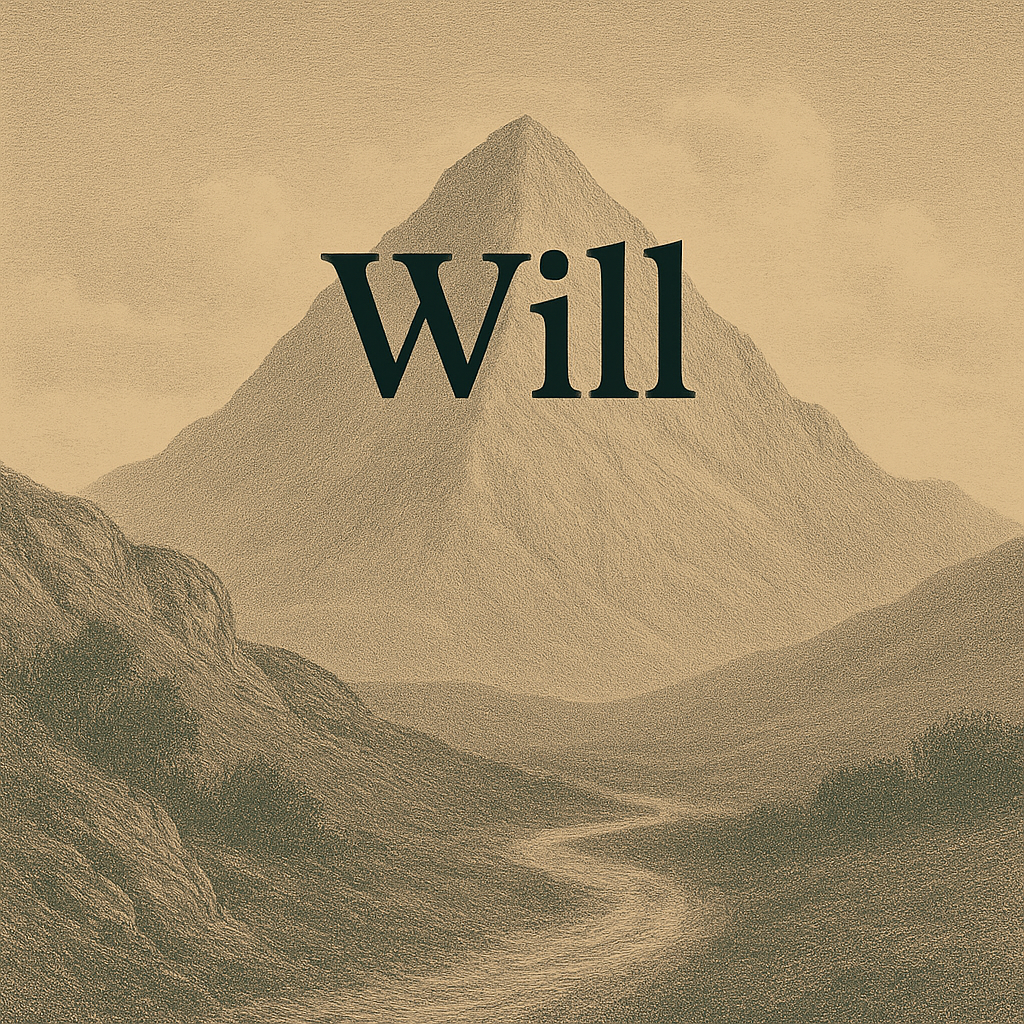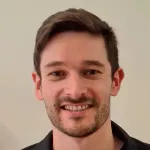We like to believe we are free.
That when we choose, we choose from within reasoned, conscious, sovereign.
That our lives are a product of will, not of circumstance or conditioning.
But the deeper you look, the more this simple story unravels.
Much of what shapes your actions, thoughts, and even your desires was never chosen. The culture you inhabit. The language you speak. The instincts you carry. The unconscious habits etched deep into your nervous system.
This is not an argument for fatalism or despair. Rather, it is a humbling realisation. True freedom begins not in denial of these forces, but in awareness of them. For only what is seen can be shaped. Only what is understood can be transcended.
Here are four great forces that constrain free will and why it matters to understand them.
Social Norms: The Invisible Web
From birth we are steeped in the values and expectations of others.
How we dress. How we speak. What we believe is "good" or "bad". Even what we consider possible in life, all of this is shaped by the cultural air we breathe.
Much of this happens unconsciously. You do not remember deciding to adopt your culture's notions of success, love, duty, or shame. They were simply absorbed.
Social norms are powerful precisely because they are invisible. When everyone around you believes something, it rarely occurs to you that it might be a choice.
This does not mean that all social norms are bad. Some reflect hard-won wisdom. Others perpetuate cruelty or conformity. The key is to bring them into awareness, to ask: Is this belief truly mine? Or something I am repeating unexamined?
Freedom requires this questioning. Without it, we remain puppets of the collective.
Limited Knowledge: The Boundaries of What You Can Know
Even the freest act is limited by what you know and what you do not know.
You cannot choose a path you cannot see. You cannot weigh outcomes you do not understand.
Every decision you make is bounded by partial knowledge:
- You do not know the full consequences of your actions.
- You cannot see all sides of a situation.
- You may not even fully know your own motives.
The Dunning-Kruger effect shows that we often overestimate what we know. We move forward with misplaced confidence, unaware of vast unknowns.
This is not a cause for paralysis. But it is a call to intellectual humility. To act with awareness that your perspective is always incomplete. To remain open to correction and new understanding.
A will that pretends to know all becomes brittle and blind. A will that accepts its limits grows wiser.
Learned Behaviour: The Deep Imprint of Experience
You learned how to be you long before you realised you were learning.
Much of your behaviour is not the result of conscious decision, but of conditioning:
- Habits acquired in childhood
- Emotional reactions shaped by early experiences
- Core beliefs about worth, love, success, safety, often formed in the most impressionable years
As adults, we often find ourselves repeating patterns we no longer believe in, driven by old programming that persists beneath conscious thought.
The Stoics taught that the wise person examines their impressions. Modern psychology echoes this: change begins with seeing the unconscious forces at work.
You may not have chosen your earliest conditioning. But you can choose to bring it into the light. You can choose to re-train the mind and nervous system, slowly, patiently, to align better with your values today.
Without this work, free will is an illusion. You are simply acting out old scripts.
Biological Impulse: The Body’s Vote
At the root of will lies the body — and it is not neutral.
We are biological beings shaped by millions of years of evolution. Many of our strongest drives are not rational choices but ancient imperatives:
- The impulse to fight or flee
- The craving for sugar, sex, status
- The pull of fear, jealousy, territoriality
Hormones, neurotransmitters, and nervous system states shape what we perceive as desirable or dangerous. A hungry or exhausted body makes different "choices" than a well-fed, rested one.
We often speak as if reason floats above biology. It does not. Reason is entwined with the flesh.
This does not mean surrendering to instinct. It means respecting its power — and building practices that help us regulate and work with it.
Meditation, physical training, breathwork, sleep — these are not luxuries. They are disciplines that give the rational self a fighting chance.
Without care for the body, the will is easily hijacked.
Why This Matters
You could read all this as bleak news. So much is stacked against true freedom.
But this is the wrong lesson. The wise response is not despair, but humility and greater responsibility.
Here is why it matters to see these constraints:
1. Compassion for Others
When you understand how shaped you are, you will judge others less harshly. Their choices are not purely free either. This breeds compassion rather than moral superiority.
2. Deeper Self-Understanding
Awareness of your own constraints opens the door to greater self-knowledge. You begin to see why you do what you do, and where there is room to change.
3. Sharpened Moral Responsibility
You cannot choose what you do not see. But once you see a constraint, you have the responsibility to respond to it. Awareness expands the sphere of true choice.
4. Humility
The story of the totally sovereign self is a myth. Recognising this tempers pride and fosters wisdom. You become less attached to your ego, more grateful for the forces that have shaped whatever good you can achieve.
A Final Reflection
Freedom is not the absence of constraint. That is impossible.
Freedom is the awareness of constraint, and the ongoing work to act wisely within it.
If you are not aware of why you think or act in a certian way, are you free at all?
Each layer of conditioning you uncover, each bias you learn to question, each impulse you learn to master, these are victories of the will. Not absolute, but real.
Is your will defeated or victorious?
The task is not to transcend the web entirely. It is to move within it with as much clarity, humility, and integrity as you can.
And that is enough.

